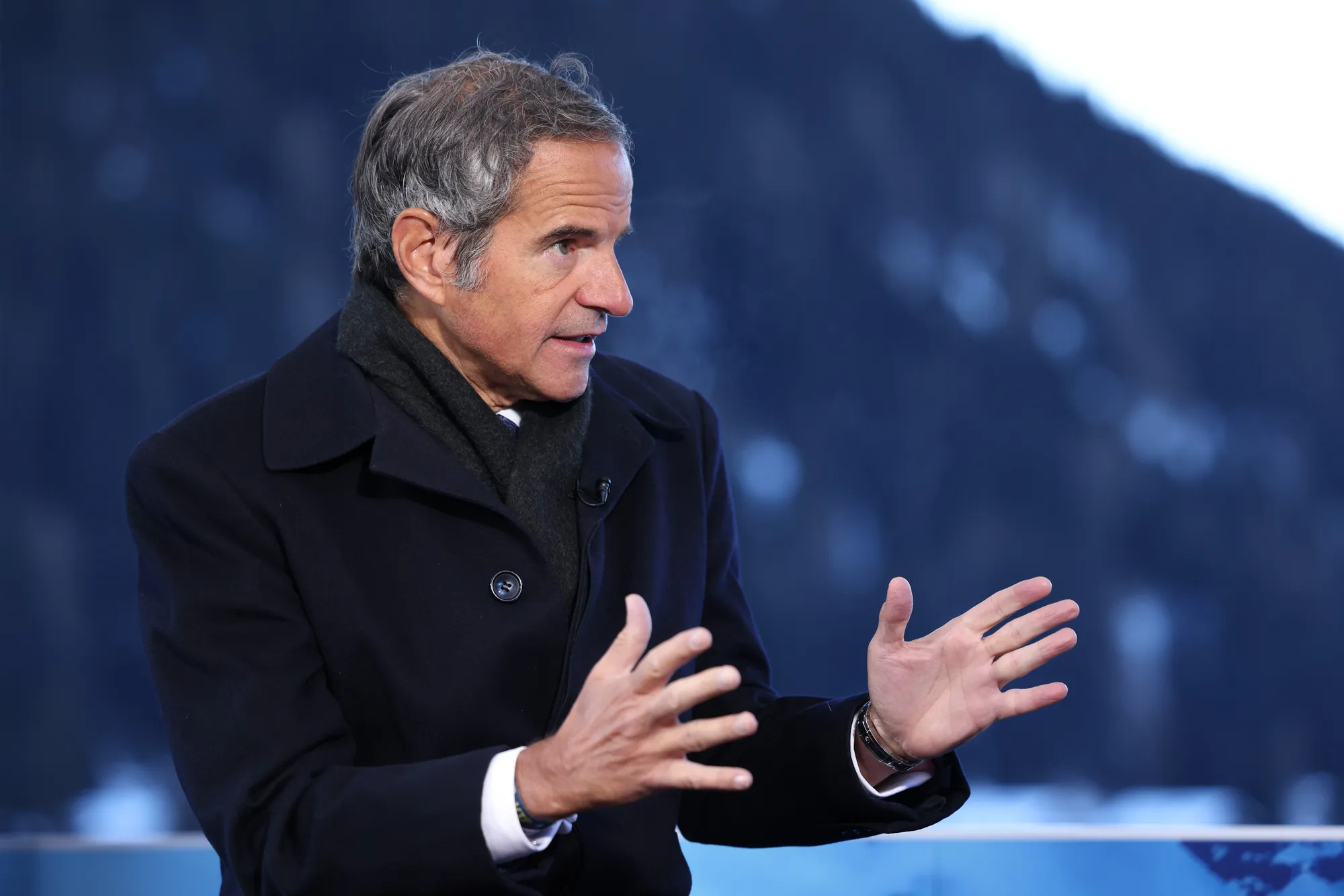Shares of Asian automakers and battery manufacturers faced notable declines on Tuesday following US President Donald Trump’s comments and policy changes.
Trump, who has signaled possible tariffs on Canada and Mexico, also rescinded a 2021 executive order aimed at promoting electric vehicles (EVs). These moves contributed to a drop in the stock prices of Japanese automakers and South Korean battery manufacturers. However, Chinese manufacturers bucked the trend, with stocks rising after Trump refrained from targeting China in his inauguration speech or imposing immediate tariffs.
The threat of a 25% tariff on imports from Canada and Mexico, which may take effect on February 1, has raised concerns for Asian manufacturers. Countries like Mexico have long served as key manufacturing hubs for major automakers, including those from Japan and South Korea. Honda Motor, for instance, derives 80% of its Mexican production for the US market, while Mazda exports around 60% of the vehicles produced at its Mexican plant. Following Trump’s remarks, Honda’s shares fell by 0.3%, and Mazda’s shares dropped by 2.0%.
In contrast, shares of South Korea’s shipbuilders experienced a boost due to expectations that Trump’s focus on increasing gas and oil production could increase demand for transportation vessels. South Korean companies like HD Hyundai Mipo and HD Hyundai Heavy Industries saw their stock prices rise sharply by 9.7% and 6%, respectively.
The wider volatility in Asian markets reflects concerns over how Trump’s economic policies will affect major manufacturers in close U.S. allies, such as Japan and South Korea. Both countries, whose economies heavily rely on exports, are already dealing with the transition to electric vehicles and the rising competition from Chinese manufacturers.
Trump’s decision to revoke the executive order from the Biden administration, which aimed for half of all new US vehicles to be electric by 2030, also impacted South Korean battery makers. Companies like LG Energy Solution and SK Innovation saw their shares fall by 4.3% and 3.7%, respectively. This policy change threatens to reduce demand for Korean batteries, especially for companies involved in US-based production for Tesla, General Motors, and Ford, which had been building battery factories in the US in anticipation of subsidies.
Despite concerns surrounding potential tariffs and trade policy changes, Asian markets have shown resilience. The Nikkei futures market in Japan rose by 0.1%, as investors hoped Trump’s administration might take a more gradual approach to tariffs, signaling a potential shift away from unilateral moves. Investors remain cautious, however, as uncertainties surrounding Trump’s policies continue to create volatility.








